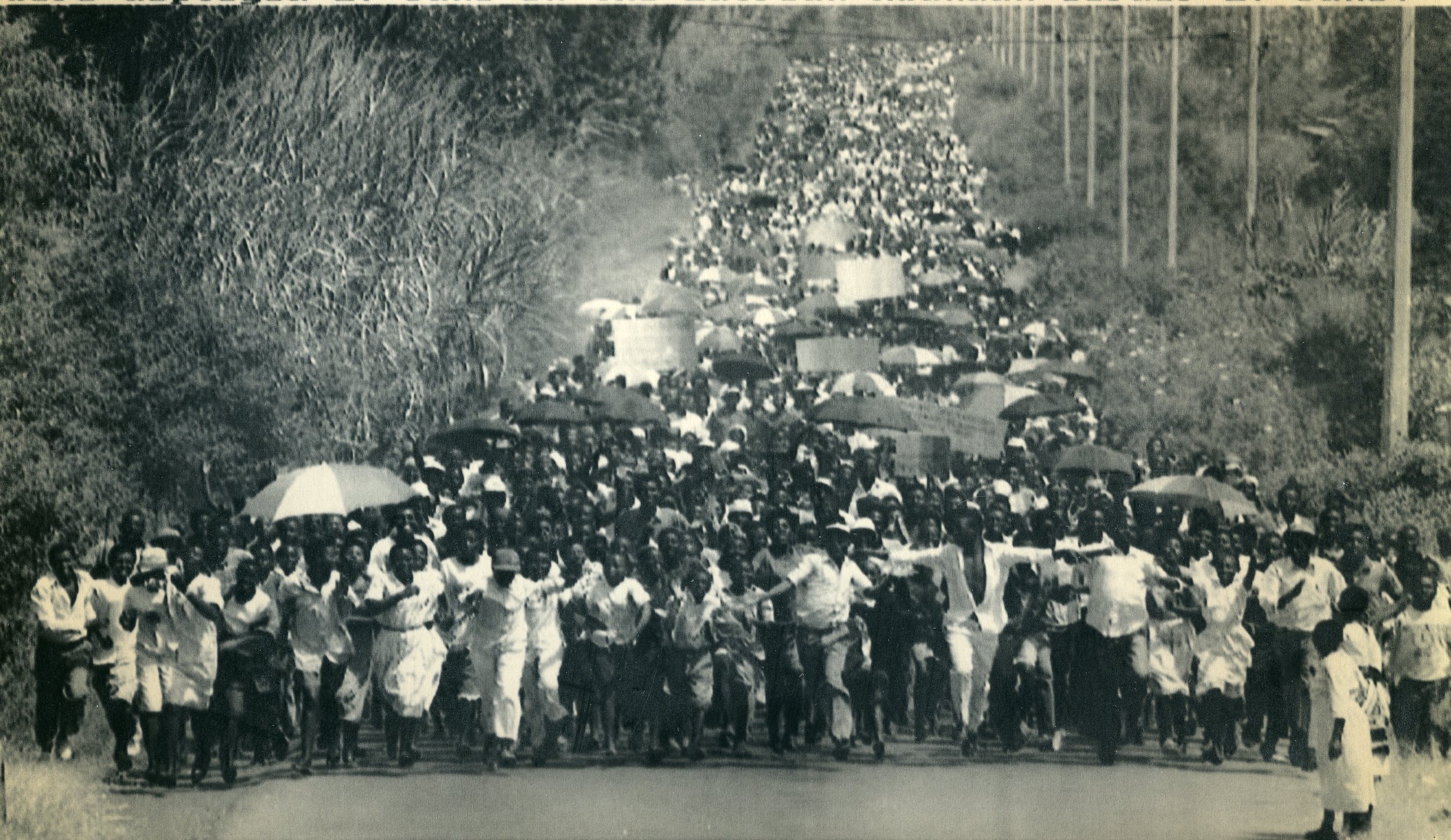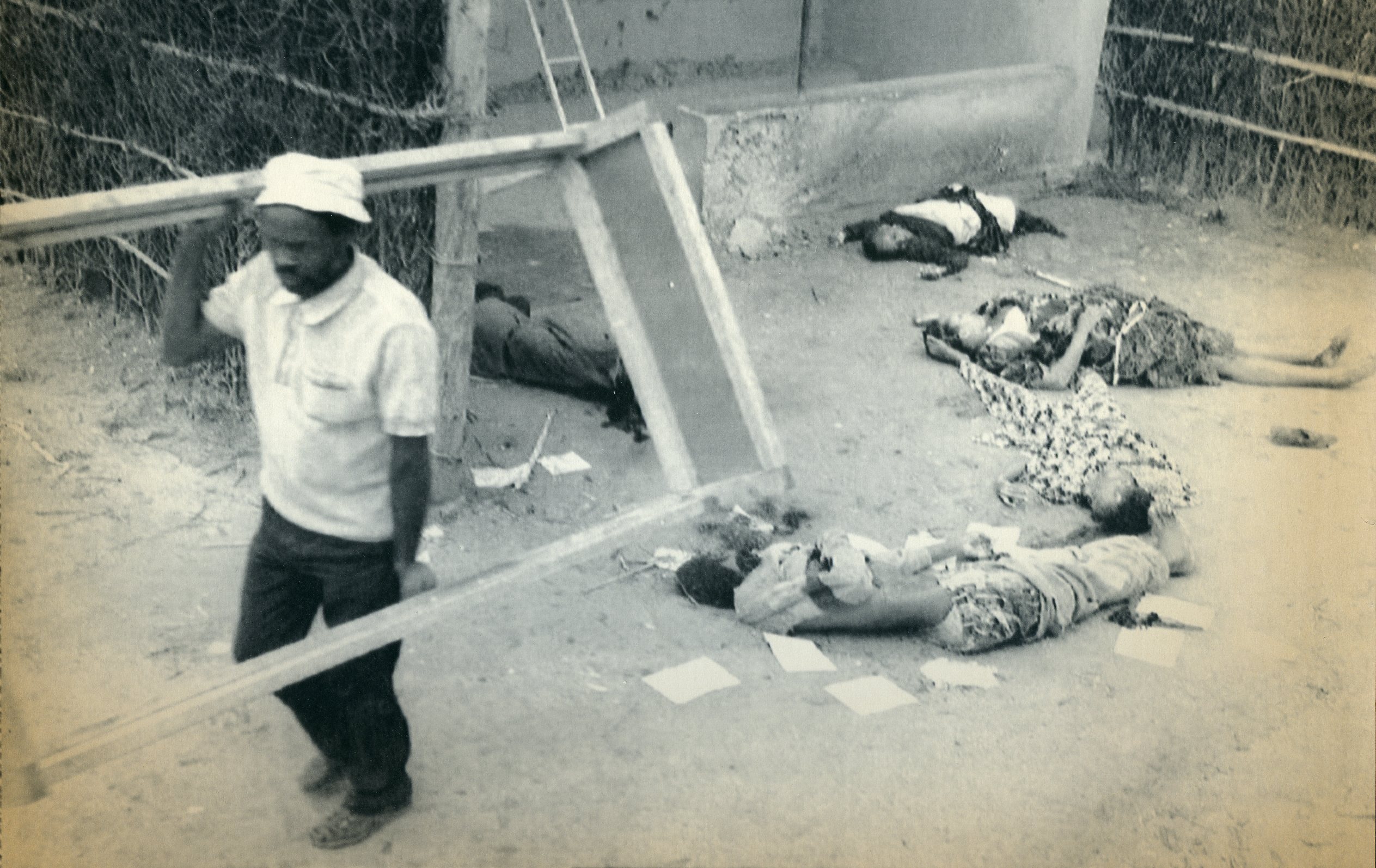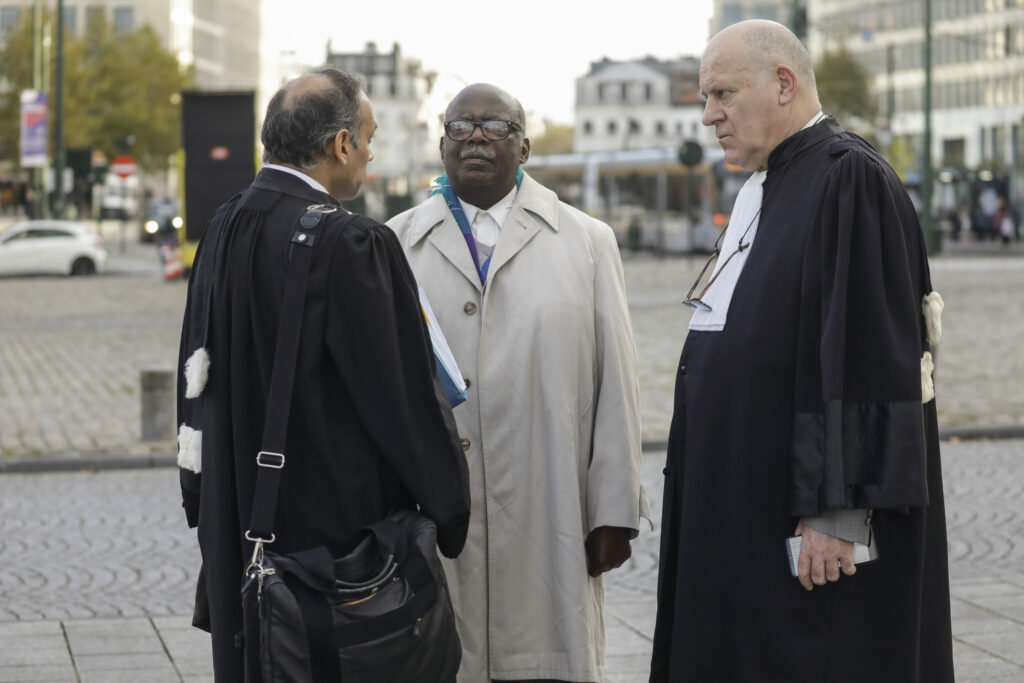As Rwanda commemorates the 30th anniversary of the massacres that left some 800,000 people dead, most of them Tutsis, the Belgian Federal Prosecutor's Office has 49 cases open against alleged Rwandan genocide perpetrators.
Of these numerous cases, four have been referred to the Assize Court. The Brussels court will judge one on 8 April and another in the spring of 2025. A third case, due to be examined at the same time as the first, has been separated and has yet to be rescheduled.
Of the 45 other cases, 33 are still under investigation and 12 are at the information stage. Two cases under investigation have recently resulted in charges being brought and arrest warrants being issued.
One man was charged on 21 June 2023 and another on 26 January this year. The first is Venant Gakwaya, aged 78. This former shopkeeper from Butare is suspected of having financed the Interahamwe, the civilian militia responsible for numerous massacres in Rwanda in 1994. Additionally, he is suspected of having delivered hate speeches against the Tutsis.
The second is a former school headmaster in Kibuye. This town in western Rwanda was the scene of a particularly bloody massacre. The accused has lived in Belgium since 2000. A referral to the assizes has been requested in both cases. A decision by the Brussels indictments chamber is awaited.
The cases relating to crimes against humanity, war crimes and crimes of genocide, which Belgian justice is investigating under its universal jurisdiction, are currently handled by a small team of investigators. According to a police source, the section of the Federal Judicial Police in charge of these investigations has only one head of department and eight police officers for dozens of cases relating to the genocide in Rwanda.

Thousands of Rwandan protestors march against French intervention in Rwanda on the road linking the capital Kigali to the western town of Kayunga 27 June. About 1.200 French troops, participating in the humanitarian operation Turquoise, were deployed 27 June 1994. Credit: Belga Archives
Because of the limited police resources and lengthy investigations that these cases require, particularly rogatory commissions abroad, but also because such crimes are imprescriptible (which means no time bars apply for their prosecution), the cases are often tried many years after the events occurred.
Justice amidst aging and ailing parties
The cases to be examined by the Brussels Court of Assize will thus be judged 30 years after the events. Consequently, many of the witnesses cited are deceased and some defendants are very old. Last December, a defendant found guilty had senile dementia. The court decided to commit him.
Related News
- Rwanda: 'The genocide was absolute horror,' survivor recalls
- Two men accused of participating in Rwandan genocide on trial in Brussels
- 25 years after the genocide in Rwanda many questions still remain unanswered
On 8 April, the Brussels Assize Court will judge 65-year-old Emmanuel Nkunduwimye. He is accused of having committed an indefinite number of murders, a rape and an attempted murder during the genocide. These crimes allegedly occurred in the Amgar building complex in Kigali, where he owned a car garage.
Ernest Gakwaya should have been tried simultaneously with Emmanuel Nkunduwimye, but his case was separated because he is not currently in Belgium. He was arrested in Burundi for possessing false documents and sentenced to one year in prison. The man was released last February, but has not yet been able to return to Belgium. Ernest Gakwaya, aged 48, is accused of an indefinite number of murders, of which only five victims have been identified, as well as five rapes committed during the genocide. He will be judged later, which has not yet been set.

Looter takes away a bed frame from a house where residents were killed. Soldiers came to Kigali hospital Monday to finish off wounded patients, as fighting continued in the Rwandan capital between government forces and The Rwandan Patriotic Front. April 1994. Credit: Belga
Two other defendants are due to go on trial in spring 2025. According to judicial sources, one of them is Thaddée Kwitonda. An investigation was opened against him in 2006 and he was arrested in Uganda in 2012.
Between 2001 and 2023, the Belgian courts tried six cases relating to the Rwandan genocide. In June 2001, the Brussels Assize Court sentenced Alphonse Higaniro to 20 years' imprisonment, Sister Gertrude and Sister Maria Kisito to 15 and 12 years' imprisonment respectively, and Vincent Ntezimana to 12 years' imprisonment.
On 29 June 2005, the same court sentenced Etienne Nzabonimana and Samuel Ndashyikirwa to 12 and 10 years' imprisonment respectively. On 5 July 2007, it sentenced Bernard Ntuyahaga to 20 years in prison. On 1 December 2009, the same court sentenced Ephrem Nkezabera in absentia to 30 years' imprisonment. Ephrem Nkezabera subsequently lodged an objection and his conviction was overturned, but he died before being retried.
The last two trials to be held were once again before the Brussels Assize Court. On 19 December 2019, it sentenced Fabien Neretse to 25 years in prison. On 22 December, it sentenced Séraphin Twahirwa to life imprisonment and ordered the internment of Pierre Basabosé.
Almost 30 years ago, on 7 April 1994, mass massacres began in Rwanda, after a missile shot down President Juvénal Habyarimana's plane. The army, the police and the Interahamwe, extremist Hutu militias from the MRND, the President's party, began to exterminate large numbers of ethnic Tutsis, as well as moderate Hutus.
Appeals to the population to denounce and kill Tutsis were broadcast via certain media, in particular Radio Télévision Libre des Mille Collines (RTLM). The genocide ended at the beginning of July 1994. In around one hundred days, some 800,000 people were massacred.

